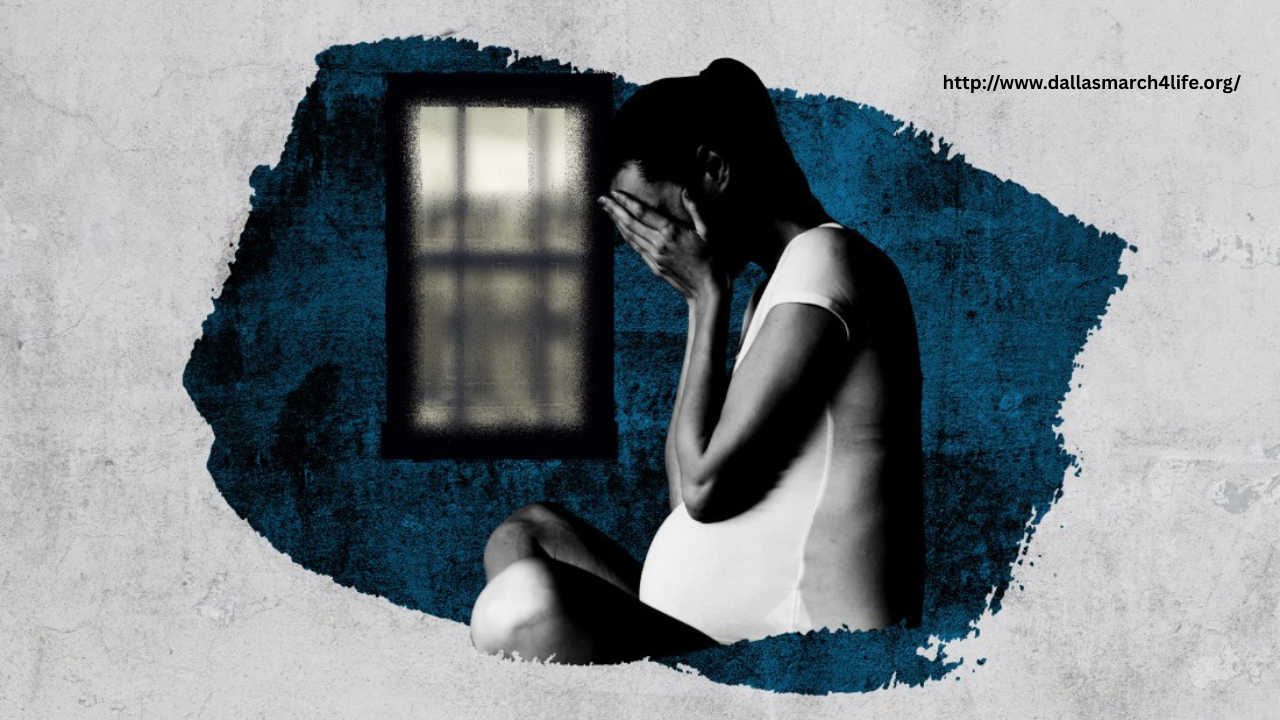
Anxiety is a common emotional response to stressful life events, and abortion is no exception. For many individuals, the decision to terminate a pregnancy comes with a host of emotional and psychological challenges. While some women report feeling relief after an abortion, others may struggle with anxiety, often influenced by personal, social, and cultural factors. Understanding the connection between abortion and anxiety is essential for providing supportive care and combating stigma.
The Nature of Anxiety After Abortion
Anxiety following an abortion can manifest in various forms, including persistent worry, panic attacks, sleep disturbances, and intrusive thoughts. These symptoms may arise immediately after the procedure or emerge later, depending on the individual’s psychological resilience and the context surrounding the abortion. It’s important to note that experiencing anxiety does not necessarily indicate a mental health disorder; it may be a normal response to a significant life event.
Factors Contributing to Anxiety
Numerous factors can contribute to anxiety after an abortion, including:
- Pre-Existing Mental Health Conditions – Women who have previously experienced anxiety or other psychological issues may be more susceptible to heightened emotional reactions post-abortion.
- Lack of Social Support – Individuals without a strong support network may feel isolated, which can exacerbate feelings of anxiety.
- Cultural and Religious Beliefs – Those with strong personal or religious convictions against abortion may struggle with guilt and internal conflict, increasing anxiety.
- Coercion or Pressure – If the decision to have an abortion was influenced by external pressure or coercion, women may experience more intense emotional turmoil.
- Fear of Judgment or Stigma – Concern about how others will perceive or judge the decision can lead to significant stress and worry.
Research on Abortion and Anxiety
Research on the mental health outcomes of abortion has found that while some women do experience anxiety afterward, abortion is not a direct cause of anxiety disorders. The American Psychological Association and other professional health organizations have concluded that the risk of mental health problems after an abortion is no greater than the risk following childbirth.
Studies also suggest that women who are confident in their decision to have an abortion and who receive adequate support are less likely to experience long-term anxiety. In contrast, those who feel ambivalent or conflicted about their decision may be more vulnerable to emotional distress.
Coping Strategies and Support
For individuals dealing with anxiety after an abortion, several coping strategies can be effective:
- Therapy and Counseling – Speaking with a licensed mental health professional can help individuals process their feelings and manage anxiety.
- Support Groups – Connecting with others who have had similar experiences can reduce feelings of isolation and provide comfort.
- Mindfulness and Stress Reduction Techniques – Practices such as meditation, journaling, and deep breathing can help alleviate anxiety.
- Open Communication – Sharing one’s experience with trusted friends or family members can foster emotional healing.
Conclusion
While abortion can be associated with anxiety, the experience is deeply personal and influenced by many factors. Understanding that anxiety is a possible, but not universal, outcome can help reduce stigma and ensure that women receive the compassionate care they deserve. Providing access to mental health resources and encouraging open, judgment-free dialogue are key steps in supporting emotional well-being after abortion.